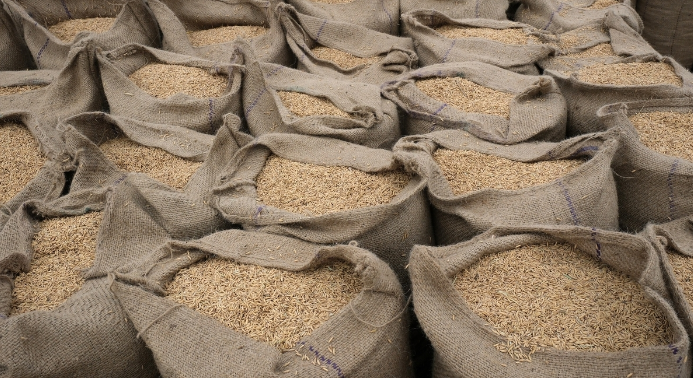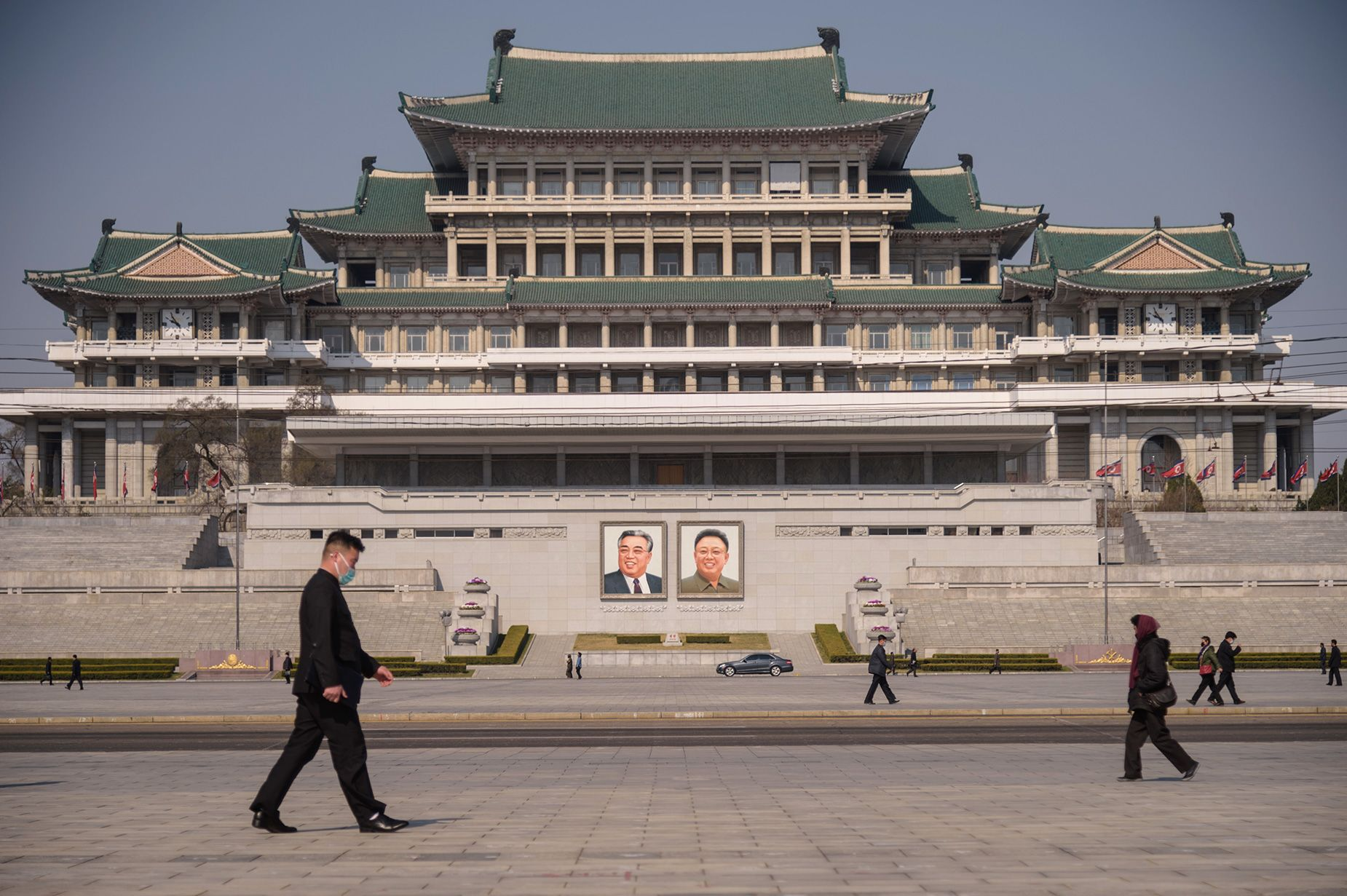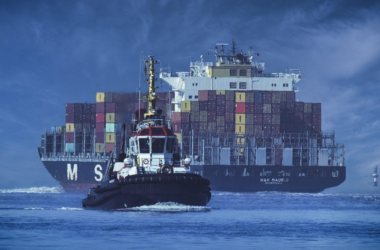In a recent report, the United Nations has raised concerns over India’s decision to impose a ban on rice exports, citing potential ramifications for social stability within the country. The move, which aims to secure domestic food supplies, has ignited a global debate on its consequences.
The Indian government’s decision to halt rice exports has been driven by concerns over rising food prices and ensuring sufficient availability for its own citizens. However, this measure has sparked unease both domestically and internationally, with experts warning of potential repercussions.
The UN, in its report, highlights the complex interplay between food security, global markets, and socio-political stability. The ban, while addressing immediate domestic concerns, may exacerbate tensions among farmers and impact international trade relationships.
India, known as one of the world’s leading rice exporters, plays a crucial role in global food security. The sudden halt in exports has led to disruptions in international rice markets, affecting countries that rely on Indian rice imports.
Additionally, the ban has raised concerns about the livelihoods of Indian farmers heavily reliant on rice exports for their income. This demographic, already facing economic challenges, may experience heightened financial strain as a result of the export ban.
Experts stress the importance of finding a balanced approach that addresses India’s domestic food security concerns while mitigating potential negative consequences for global food markets and the livelihoods of Indian farmers.
The Indian government has expressed its commitment to reviewing and adjusting the export ban in light of evolving circumstances. As the situation continues to unfold, the international community will be closely monitoring the impact of this policy on both India’s domestic stability and global food security.
In conclusion, India’s decision to impose a ban on rice exports, while motivated by legitimate concerns for domestic food security, has raised significant questions about its broader socio-economic and global ramifications. Striking a balance between safeguarding domestic interests and maintaining international stability will be a complex challenge for policymakers moving forward.








